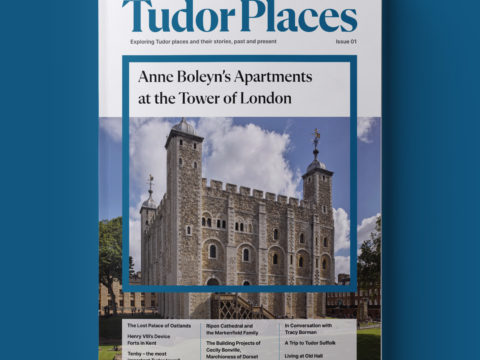The Mischief-Maker
James IV: Using Perkin Warbeck to Embarrass Henry VII
Chapter 7 : Bloodying England’s Nose
This boast was not strictly true. Up till now, James's quarrel with Henry was one of words. Now the Scottish king intended to take up arms against England. He was spoiling for a fight, eager to demonstrate his military prowess, his reckless bravery and his personal magnetism in the command of men.
The long-troubled area of the Borders was the ideal territory in which to give Henry Tudor a bloody nose. Fought over for centuries, this beautiful part of the British Isles had seen much bloodshed, sorrow and economic hardship. Raiding was a way of life for those who lived on both sides of the Anglo-Scottish border and would continue so until the very last years of the reign of Elizabeth I.
For James IV, it was a natural battleground. When he took the Scottish host across the Tweed into Northumberland in late summer 1496 he was foreshadowing his Flodden campaign nearly twenty years later, which would have disastrous results. But in 1496 all went well. James raided, laid siege to several castles and only withdrew as autumn came on.
It had never, in truth, been his intention to embark on a full-scale war; he had neither the money nor manpower of his English rival. He merely wanted to display his mettle, test out his new artillery (James was keenly interested in all new technological developments) and give Henry VII a bloody nose. And he had also discovered what he might already have suspected – that 'Prince Richard', despite warlike proclamations, was no leader of men.Perkin left the campaign after the first day of fighting.
For a time it looked as though James IV had sailed too close to the wind. Henry VII, with parliamentary approval, prepared for full-scale war in 1497. He might have given James cause to regret his bravado, were it not for a serious rebellion begun in the west of England which came as close to London as Blackheath. Henry had moved his wife and children into the Tower of London for their safety. His throne was saved by the military skill of his long-time supporter, the earl of Oxford, a man who had played a crucial role in the victory at Bosworth twelve years before.
